Smart Home for Seniors: Tech Solutions for Safety, Health & Independence
28 Sep 2024
0 Comments
Smart Home Solutions for Aging in Place: Empowering Seniors with Technology
The golden years should be a time of relaxation, enjoyment, and cherished memories. For many seniors, the desire to remain in the comfort and familiarity of their own homes is strong. However, the challenges that come with aging can sometimes make independent living difficult. Mobility issues, memory lapses, and concerns about safety can create obstacles to enjoying a fulfilling life at home.
Thankfully, the rapid advancements in smart home technology are providing innovative solutions to address these challenges and empower seniors to age in place gracefully. From enhancing safety and security to promoting health and wellness, and even fostering social connection, smart home devices are revolutionizing the way we care for our elderly loved ones.
Safety and Security: Creating a Protective Haven
One of the primary concerns for seniors and their families is safety. Falls, accidents, and even intruders can pose significant risks. Smart home technology offers a range of solutions to create a safer and more secure living environment.
Fall Detection Sensors: Falls are a leading cause of injury among seniors, often resulting in hospitalization and long-term complications. Fall detection sensors, such as **Walabot Home** and **Vayyar Home Care**, use advanced radar technology to detect falls even if the individual is unable to call for help. These devices can automatically send alerts to caregivers or emergency services, ensuring prompt assistance and potentially saving lives.
Smart Locks and Security Systems: Smart locks like the August Smart Lock Pro and Schlage Encode offer keyless entry and remote access, eliminating the need for seniors to fumble with keys or worry about getting locked out. Integrated with security systems like SimpliSafe or Ring Alarm, these smart locks can provide an added layer of protection against intruders, alerting both the senior and their caregivers in case of any unauthorized access.
Motion Sensors and Smart Lighting: Motion sensors can be strategically placed around the house to detect movement and automatically turn on lights, reducing the risk of falls in dimly lit areas. Smart lighting systems, such as Philips Hue and LIFX, can also be programmed to create routines that mimic natural daylight patterns, promoting better sleep and overall well-being.
Health and Wellness: Promoting Proactive Care
Managing health conditions and maintaining overall wellness become increasingly important as we age. Smart home technology can play a pivotal role in assisting seniors with medication management, health monitoring, and promoting healthy habits.
Smart Medication Dispensers: Forgetting to take medications or taking incorrect dosages can have serious consequences for seniors. Smart medication dispensers, like the MedMinder Maya and the Hero Pill Dispenser, offer automated reminders, precise dispensing, and even remote monitoring capabilities, ensuring that medications are taken as prescribed.
Wearable Health Trackers and Smart Scales: Wearable health trackers like Fitbit and Apple Watch can monitor heart rate, sleep patterns, and activity levels, providing valuable insights into a senior's overall health. Smart scales like the Withings Body+ can track weight, body composition, and other health metrics, enabling early detection of potential issues.
Voice-Activated Assistants for Health Reminders: Voice-activated assistants, such as Amazon Echo and Google Nest, can be programmed to provide medication reminders, schedule appointments, and even offer guided meditation or exercise routines, encouraging seniors to stay active and engaged.
Convenience and Accessibility: Simplifying Everyday Life
As mobility and dexterity decline, performing everyday tasks can become challenging for seniors. Smart home technology can simplify these tasks and enhance accessibility, enabling seniors to maintain their independence and quality of life.
Voice-Activated Control: Voice-activated assistants can be used to control lights, appliances, thermostats, and even entertainment systems, eliminating the need for seniors to navigate complex remotes or switches.
Smart Home Automation: Creating routines and automations can streamline daily tasks and make life easier for seniors. For example, a "Good Morning" routine could automatically turn on the lights, adjust the thermostat, and start the coffee maker.
Smart Appliances: Smart appliances, like refrigerators that track expiration dates and ovens that can be controlled remotely, can simplify meal preparation and reduce the risk of foodborne illness.
Accessibility Features: Smart home devices can be integrated with assistive technologies, such as screen readers and voice recognition software, to make them more accessible for seniors with visual or hearing impairments.
Social Connection: Combating Loneliness and Isolation
Social isolation and loneliness are significant concerns for seniors, often leading to depression and other health problems. Smart home technology can help bridge the gap and foster meaningful connections with loved ones.
Smart Displays and Video Calling: Smart displays like the Amazon Echo Show and the Google Nest Hub Max offer a convenient way for seniors to make video calls, see photos and videos, and even participate in virtual family gatherings.
Voice-Activated Messaging and Communication: Voice-activated assistants can be used to send messages, make calls, and even read aloud emails or news articles, helping seniors stay connected with the world around them.
Social Engagement Apps and Platforms: Smart devices can provide access to a variety of social engagement apps and platforms, such as online communities, games, and educational resources, encouraging seniors to stay active and engaged with others.
Conclusion: Embracing the Future of Elder Care
Smart home technology is transforming the way we care for our elderly loved ones, offering solutions that enhance safety, promote health, and foster independence. By embracing these innovations, we can create supportive and empowering environments that enable seniors to age in place with dignity and grace.
If you're considering implementing smart home technology for yourself or a loved one, start by identifying specific needs and challenges. Research different devices and platforms to find solutions that align with your goals and budget. Consult with healthcare professionals or aging-in-place specialists for personalized recommendations.
Remember, the journey towards a smart home for elderly care is a continuous one. As technology evolves, new and improved solutions will emerge. Stay informed, embrace innovation, and most importantly, prioritize the comfort, safety, and well-being of your loved ones.

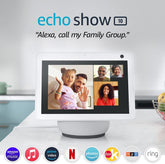
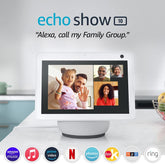

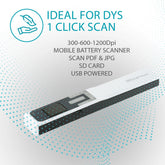
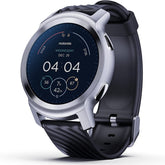
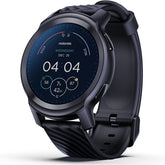
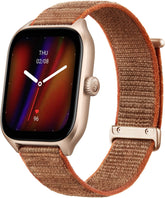
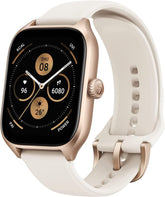
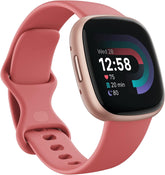
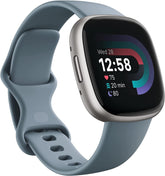


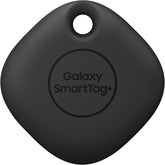
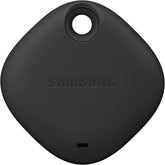
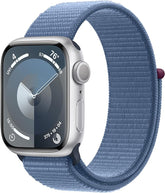

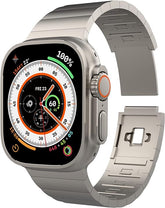
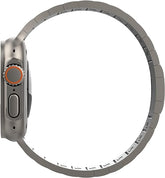
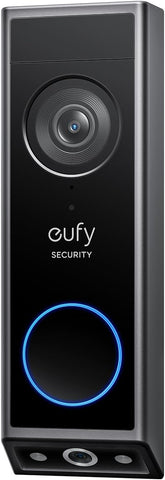
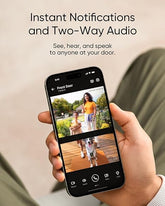
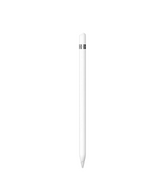

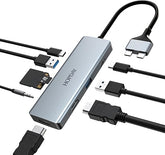
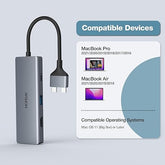
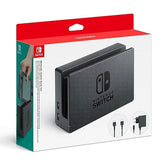
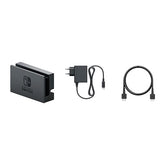
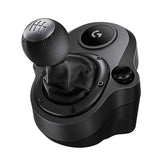
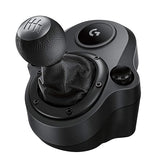
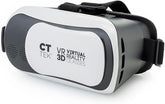
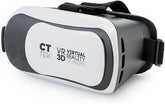
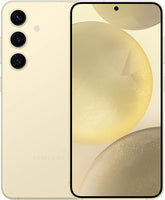
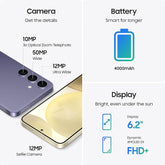
![["B0B1L87TMY"]](http://smarttechshopping.com/cdn/shop/products/7110BNil-dL._AC_SL1500_165x.jpg?v=1695449139)
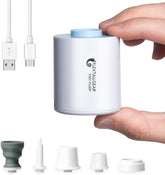
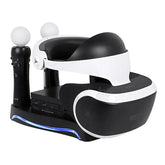





Leave a comment
Please note, comments need to be approved before they are published.